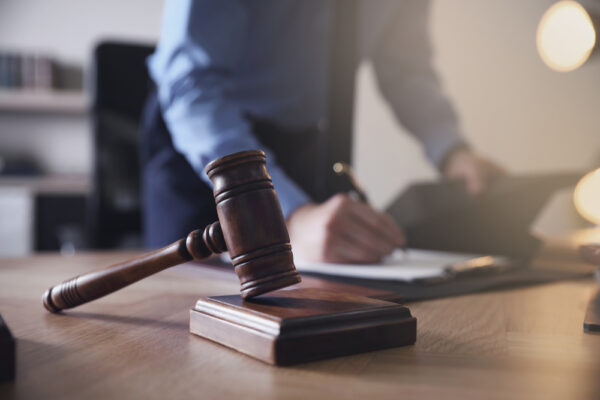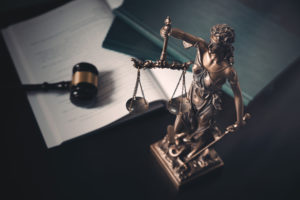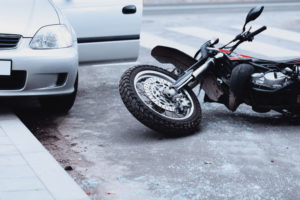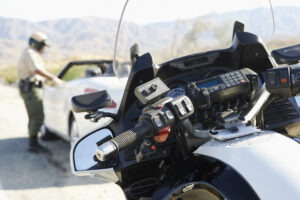A man driving south in the Northbound lanes of I-5 was killed when he collided head-on with another vehicle at freeway speed. The wrong-way driver, Jason French, 33, died at the scene. Two Sedro-Woolley women were in the car French collided with. They both suffered serious injuries and were transported to the hospital. The accident is under investigation.
One of the subjects of the investigation will surely be whether Mr. French or his passengers had consumed or were under the influence of intoxicants. Should a passenger who knows or should know that a driver is intoxicated still have a claim if the driver causes an accident and the passenger is hurt? If not, is that because we should punish people who get into cars with intoxicated drivers (because it encourages reckless driving)? Or because they’re responsible for their own injuries? Our Legislature enacted the following law:
RCW 5.40.060
Defense to personal injury or wrongful death action — Intoxicating liquor or any drug.
(1) Except as provided in subsection (2) of this section, it is a complete defense to an action for damages for personal injury or wrongful death that the person injured or killed was under the influence of intoxicating liquor or any drug at the time of the occurrence causing the injury or death and that such condition was a proximate cause of the injury or death and the trier of fact finds such person to have been more than fifty percent at fault. The standard for determining whether a person was under the influence of intoxicating liquor or drugs shall be the same standard established for criminal convictions under RCW 46.61.502, and evidence that a person was under the influence of intoxicating liquor or drugs under the standard established by RCW 46.61.502 shall be conclusive proof that such person was under the influence of intoxicating liquor or drugs.
(2) In an action for damages for personal injury or wrongful death that is brought against the driver of a motor vehicle who was under the influence of intoxicating liquor or any drug at the time of the occurrence causing the injury or death and whose condition was a proximate cause of the injury or death, subsection (1) of this section does not create a defense against the action notwithstanding that the person injured or killed was also under the influence so long as such person’s condition was not a proximate cause of the occurrence causing the injury or death.

The Legal Examiner and our Affiliate Network strive to be the place you look to for news, context, and more, wherever your life intersects with the law.













Comments for this article are closed.